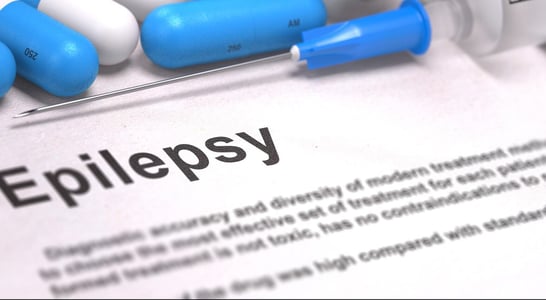
National RSV Awareness Month
National RSV Awareness Month focuses on a virus that’s often mistaken for a mild cold but can turn dangerous fast.
Respiratory Syncytial Virus spreads easily, especially in the fall and winter.
Most people catch it at some point, but babies and older adults face higher risks.
It’s the top reason infants land in hospitals with breathing problems. In seniors, it can lead to serious lung infections that need urgent care.
Doctors and nurses use this time to talk openly about warning signs. Nearly every child gets exposed by age two, yet only some face real trouble.
Wheezing, fast breathing, or feeding issues can mean it’s more than a sniffle.
Sharing tips, spotting symptoms early, and using new tools help families act quickly—before things get worse.
How to Celebrate National RSV Awareness Month
Start with a spark that brings this awareness period to life and invites people to get involved.
Share Facts Clearly
Post simple guides on RSV symptoms or prevention using plain words. Use Trustworthy sites such as the CDC to back your info about who faces higher risks.
Encourage others to boost awareness with a helpful hashtag, like the one the National Day Calendar suggests.
Promote Hygiene Habits
Remind friends or family to wash their hands often with soap and water for at least 20 seconds. Suggest cleaning shared spaces or toys regularly to help reduce the spread.
Support Immunization Talks
Urge adults to speak with healthcare providers about RSV vaccinations, especially those over 50 or with risk conditions.
Encourage pregnant people and caregivers to learn about antibody options for babies, such as nirsevimab.
Spark Friendly Challenges
Host a “RSV‑safe habits” mini‑challenge in your circle. Ask friends to pledge proper handwashing or sanitizing for shared items.
Praise anyone who keeps their space clean or avoids sharing utensils when sick.
Cheer on Local Efforts
Highlight local events or digital talks that raise awareness. Institutions like the American Lung Association offer RSV info and actions. Invite your community to learn together and protect those most vulnerable.
History of National RSV Awareness Month
National RSV Awareness Month began taking shape in the early 2020s. While people have known about Respiratory Syncytial Virus for decades, organized awareness efforts took off more recently.
Groups focused on infant health, such as the National Coalition for Infant Health, started calling attention to the virus each October. They used this time to share facts and spark action, especially among parents, caregivers, and doctors.
Public health campaigns, press releases, and digital toolkits began appearing around 2021. These efforts encouraged healthcare providers to speak up and educate the public about RSV’s dangers.
The American Lung Association later joined, highlighting the risks for older adults as well. Together, these groups pushed the message that RSV affects more than just children.
October became the chosen month because that’s when RSV season often begins. It’s a time when cases start rising, especially in young children and older adults.
By focusing on this early point in the season, the campaign helps people take steps before infections spread.
These early actions can protect those with weak immune systems and prevent severe illness.
Also in ...
View all holidaysInternational Coffee Day
Give your business to a local coffee shop, sign up for a coffee subscription, or try making a new kind of coffee at home with an espresso machine of some kind.
National Homemade Cookies Day
Cookies are fun and easy to make, so why not bake a batch to enjoy and share with family and friends on National Homemade Cookies Day!
We think you may also like...
SUDEP Action Month
Don’t just raise awareness: on SUDEP Action Month, take actions to help all of society understand sudden death from epilepsy and how to mitigate the risk.
National Nurse’s Week
Give a big thank-you to the hard-working, often under-paid medical professionals who keep hospitals, rehab centers, nursing homes and hospice care running.
Sepsis Awareness Month
Join or host an event, educate yourself, and raise awareness about the causes and signs of sepsis. It could save your life or the life of another someday.








